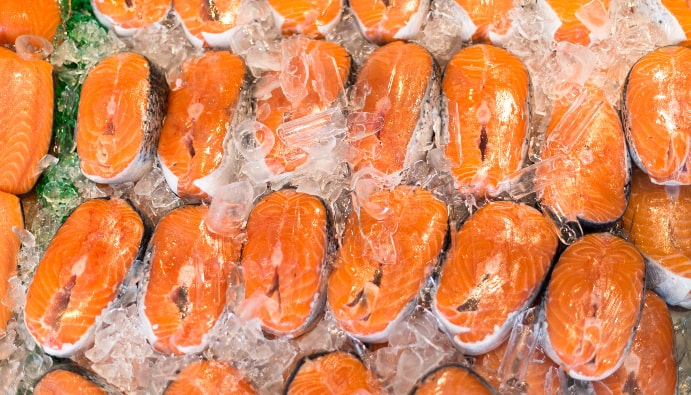Analysis of Total Indicator Polychlorinated Biphenyls (PCB)
Polychlorinated Biphenyls (PCB), an organochlorine with two to ten chlorine atoms, are classified as persistent organic pollutants. Persistent organic pollutants are a group of chemicals that are persistent in the environment and bioaccumulate in living systems.
PCBs are persistent in the environment and bioaccumulate in the food chain. Animal studies have shown that PCBs can cause cancer. For this reason, Total Indicator Polychlorinated Biphenyls (PCB) Analysis is widely performed in foods.
Food has been cited as an indicator of exposure to PCBs for many years. Analysis of current PCB levels in commonly consumed foods is carried out to protect consumer health. Some foods for which Indicator Polychlorinated Biphenyls (PCB) Total Analysis can be performed can be listed as follows:
• Beef steak,
• Butter,
• Canned tuna,
• Cheese,
• Eggs,
• French fries,
• Fried chicken,
• Minced meat,
• Hamburgers,
• Ice cream,
• Liver (beef and chicken),
• Margarine,
• Milk,
• Pizza,
• Poultry,
• Salmon,
• Sausage,
• Shrimp,
• Sliced ham,
• Vegetable oil (soybean oil)
For Total Indicator Polychlorinated Biphenyls (PCB) Analysis in Foods, please contact Nanolab Food Analysis Laboratory.


